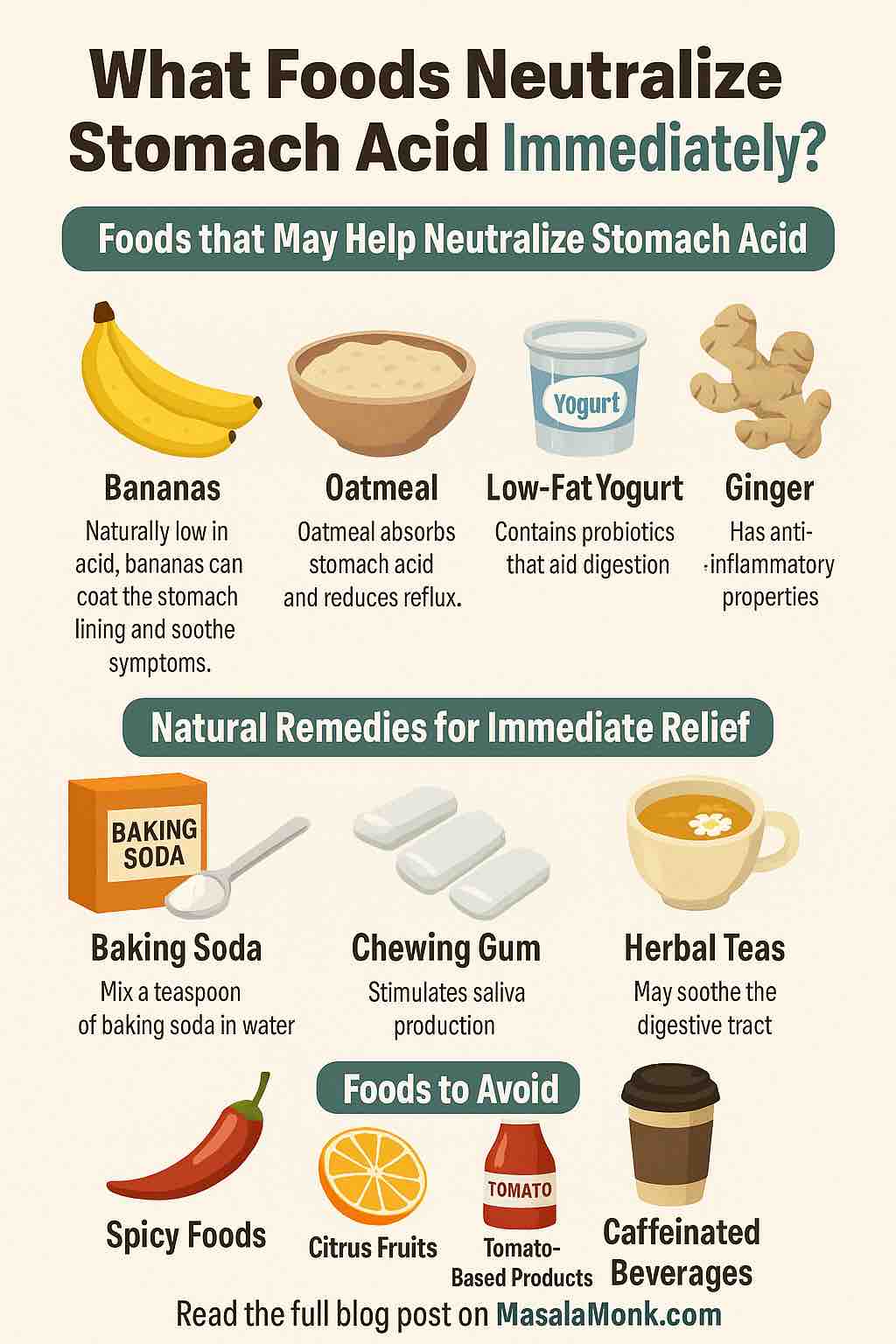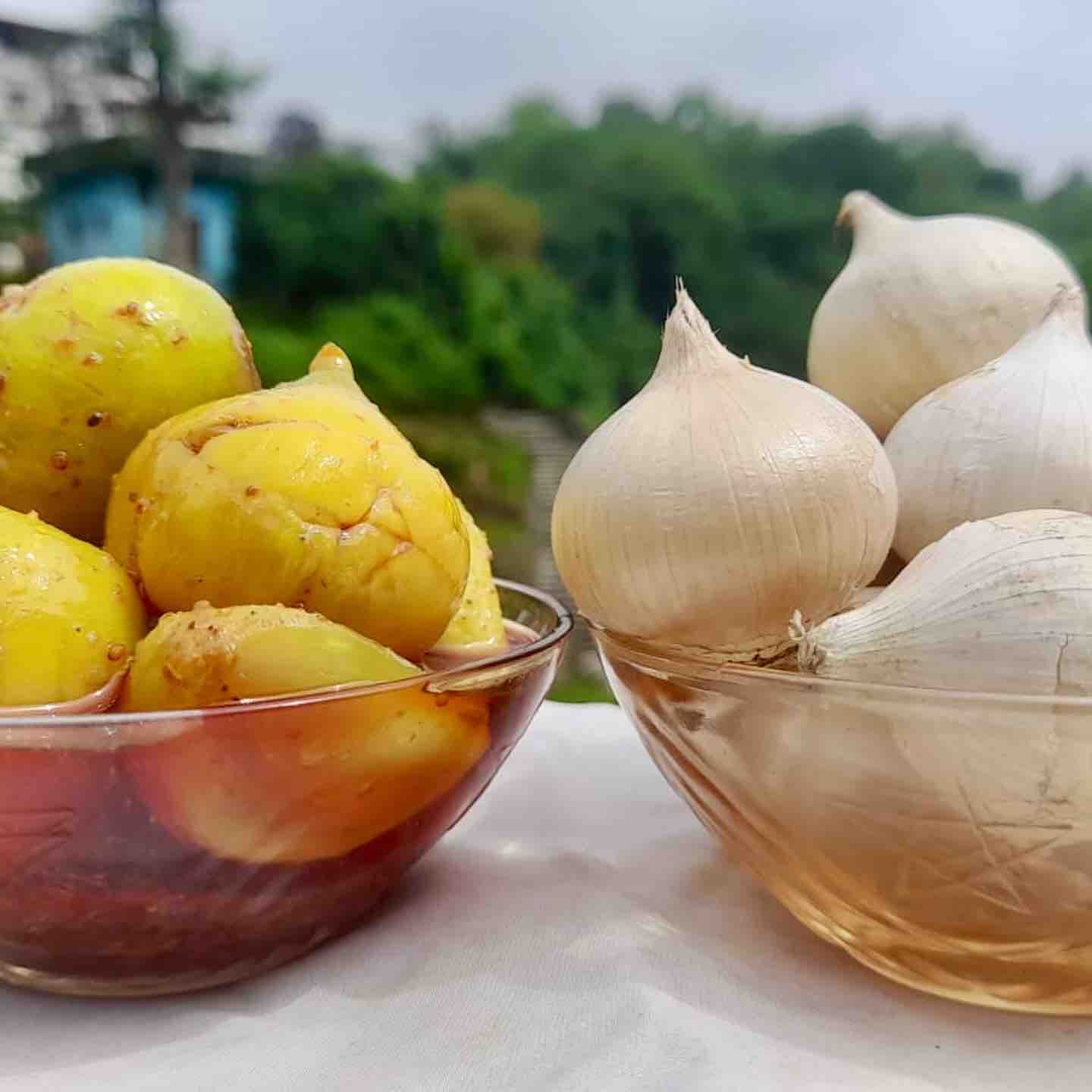
Yeast infections are a common health concern, affecting millions of individuals globally, particularly women. With recurring infections and increasing antibiotic resistance, many people turn to natural remedies like apple cider vinegar (ACV) as an alternative treatment. But how effective is ACV in combating yeast infections? Is it backed by science or simply another wellness myth? In this post, we take a deep dive into the latest research, user experiences, and medical opinions to separate fact from fiction.
What Causes Yeast Infections? Yeast infections, most commonly caused by the Candida species (especially Candida albicans), occur when there is an imbalance in the body’s natural flora. This can result from various factors such as antibiotic use, high sugar intake, hormonal changes, or a weakened immune system. Symptoms include itching, burning, irritation, and abnormal discharge.
Why Apple Cider Vinegar? Apple cider vinegar, made through the fermentation of apple juice, contains acetic acid, enzymes, and beneficial bacteria. It’s touted for its antimicrobial properties and ability to restore pH balance. For this reason, it has gained popularity as a home remedy for infections, including those caused by fungi like Candida.
Scientific Insights: What the Research Says Several in vitro studies have shown that ACV possesses antifungal properties. A 2024 study published in the Journal of Pharmaceutical and Biomedical Sciences demonstrated that ACV effectively inhibited the growth of Candida albicans in a laboratory setting. Another comparative study from ISNRA Journal found ACV to be more effective against fungal isolates than bacterial strains, pointing to its potential as an antifungal agent.
However, it is crucial to understand that these findings are based on laboratory conditions. Clinical trials involving human subjects are lacking, meaning we do not yet have concrete evidence to support ACV’s use as a primary treatment for yeast infections in real-life scenarios.
The User Experience: A Mixed Bag Across forums like Reddit and health blogs, user experiences with ACV for yeast infections are highly variable:
- Positive Reports: Some users claim that diluted ACV baths helped relieve symptoms when conventional treatments fell short. Others report success with oral consumption of diluted ACV to maintain internal balance and prevent recurrence.
- Negative Reactions: Equally, many users have experienced irritation, burning, or worsening of symptoms, particularly when applying ACV directly to sensitive areas without adequate dilution.
- Neutral Outcomes: Some reported no significant improvement, suggesting that ACV might not be universally effective.
Medical Community’s Perspective Health professionals generally urge caution. While ACV’s antifungal activity in lab studies is promising, doctors warn against applying it directly to the vaginal area, especially undiluted. This can lead to irritation, disrupt the natural pH, and possibly worsen the infection. Instead, they advocate for evidence-based treatments and stress the importance of proper diagnosis.
How to Use Apple Cider Vinegar Safely (If You Choose To) If you still wish to explore ACV as a supplementary remedy, consider the following precautions:
- Diluted Baths: Add 1-2 cups of ACV to a warm bath and soak for 15-20 minutes.
- External Use Only: Never apply undiluted ACV directly to the vaginal canal. A diluted solution (1 part ACV to 4 parts water) may be used externally.
- Oral Intake: Mix 1 tablespoon of ACV in a large glass of water and drink once daily. Monitor your body for any adverse reactions.
- Consult a Professional: Always speak with a healthcare provider before trying any alternative treatment, especially for recurrent infections.
Conclusion: Myth, Miracle, or Maybe? Apple cider vinegar shows promise as a supplementary approach to managing yeast infections, thanks to its antifungal properties. However, the lack of clinical evidence and potential for irritation means it should be used cautiously and not as a substitute for medical treatment. For now, ACV remains a “maybe” rather than a miracle. As with any health decision, informed choices and professional guidance are key.
Call to Action Have you tried apple cider vinegar for a yeast infection? Share your experiences in the comments below! And don’t forget to subscribe for more evidence-based health insights and natural remedy breakdowns.
Frequently Asked Questions (FAQs)
- Can apple cider vinegar cure a yeast infection?
ACV may help relieve symptoms due to its antifungal properties, but it is not a medically proven cure. Clinical trials are lacking, so it should not replace prescribed treatments. - Is it safe to apply apple cider vinegar directly to the vaginal area?
No, applying undiluted ACV directly to the vaginal area can cause irritation or burning. Always dilute it properly or use it externally only. - How should I use apple cider vinegar for a yeast infection?
Consider a diluted ACV bath (1–2 cups in warm water) or oral intake (1 tablespoon in a large glass of water). Avoid internal application unless under medical supervision. - Can I drink apple cider vinegar to prevent yeast infections?
Some users report benefits from daily oral consumption. However, its effectiveness is anecdotal, and excessive intake can harm teeth or upset the stomach. - How long does it take for ACV to relieve symptoms?
Results vary. Some users report relief within a few days, while others notice no improvement. It’s not guaranteed to work and should not delay proper treatment. - What type of apple cider vinegar is best?
Organic, raw, unfiltered ACV with “the mother” is often recommended due to its higher content of beneficial compounds. - Can ACV worsen a yeast infection?
Yes, especially if used undiluted or internally. It can disrupt the natural flora and worsen symptoms for some individuals. - Are there other natural remedies for yeast infections?
Yes. Yogurt (with live cultures), probiotics, tea tree oil (diluted), and garlic are also popular natural remedies, though evidence is limited. - Should I stop using prescription antifungals if I start using ACV?
No. ACV should not replace prescribed medication. Consult your doctor before making any changes to your treatment plan. - When should I see a doctor for a yeast infection?
If it’s your first infection, if symptoms persist or worsen, or if you experience frequent recurrences, always consult a healthcare professional.













